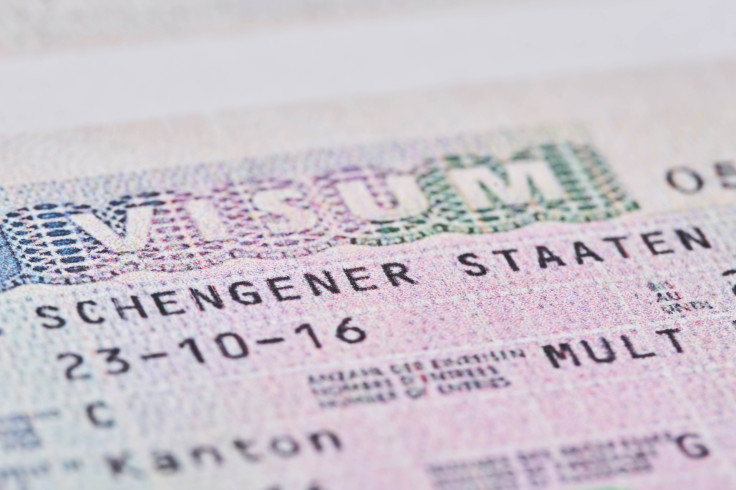European travel set to become smoother with digital Schengen visa
Schengen Zone is the largest free travel area in the world.

Planning a trip to Europe is a cumbersome process because of the hundreds of formalities one has to complete to be able to get a Schengen visa. However, the process is all set to become smoother.
The European Union member states are planning to digitise the visa application process, which will do away with the need to pay an in-person visit to consulates for verification of paperwork.
The European Union member states have agreed to negotiate a proposal to digitise the visa application process. The changes will let people apply for a Schengen visa online, and the current "Schengen" sticker will be replaced with a digital barcode.
A digital visa application will be set up to carry out the task. People will be able to apply for the visa on the platform, upload their documents online and pay the visa fees, per the press release by the Council of the European Union.
However, first-time applicants and travellers whose biometric data is no longer valid will need to visit the consulate in person. The visa will be available in a digital format as a cryptographically-signed 2D barcode.
"A digital Schengen visa will make it easier for legitimate travellers to apply and will at the same time help make the Schengen area safer," said Maria Malmer Stenergard, Swedish Minister for Migration.
"Online applications will reduce the number of trips to the consulate for travellers and make the process smoother for national administrations. At the same time, the digital visa will put an end to the risk of falsification and theft of the visa sticker," she added.
It is a short-stay visa that allows a person to travel to any member of the Schengen Area, and stay for up to 90 days for tourism or business purposes. It's the largest free travel area in the world.
There are 27 countries in the Schengen zone: Austria, Belgium, the Czech Republic, Croatia, Denmark, Estonia, Finland, France, Germany, Greece, Hungary, Iceland, Italy, Latvia, Liechtenstein, Lithuania, Luxembourg, Malta, the Netherlands, Norway, Poland, Portugal, Slovakia, Slovenia, Spain, Sweden, and Switzerland. Visa processing delays have made it difficult for people to plan their European holidays.
The EU member countries have had to introduce a slew of changes since Britain decided to exit the union. The adverse effect on the economy and tourism has reduced the number of tourists to European countries.
These countries have been coming up with several new ways to increase tourist footfall. The European Union is also planning to introduce a new visa waiver form for non-EU countries under which visitors are required to pay an extra €7 (£5.92) for a visa-waiver form.
The European travel information and authorisation system (ETIAS) will be applicable to non-EU citizens from as many as 60 countries, including the UK. As per the new rules, the new charge will apply to anyone aged between 18 and 70, and each approved application will be valid for a period of three years. British citizens will be allowed unlimited travel to EU member countries during those three years.
British passport holders will have to pay the aforementioned charge to enter all countries that are part of the Schengen area, including Iceland, Switzerland, Liechtenstein, and Norway.
The new system will come into force in November 2023, which essentially implies that UK citizens do not have to worry about the extra charges for now. It is expected that, in most cases, the approval process will only take a few minutes.
The system is meant to identify security, irregular migration, or high epidemic risks posed by people who are allowed to enter Schengen States without a visa. The countries that will be charging this extra amount include countries like Austria, Belgium, the Czech Republic, Denmark, and Estonia, among several others.
© Copyright IBTimes 2025. All rights reserved.






















